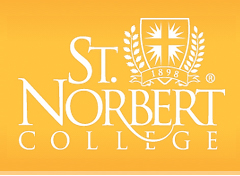Existential Risk and the Artificial Will
Loading...
Start Date
11-14-2023 7:00 PM
Description
In keeping with this theme, Gallow will discuss the process of creating artificial minds as humanity adds intelligence into machines. Some have argued that the uncertainty regarding the development of autonomous wills poses an existential risk to humanity, for they allege that most of the desires an artificial agent could develop will make it rational for them to take steps to disempower humanity. Gallow will investigate this thesis using the tools of rational choice theory: If an artificial agent’s desires are sampled randomly, they will be somewhat more likely to make choices that leave less up to chance, which afford them more choices later on, and which prevent their desires from being changed.
 COinS
COinS
Existential Risk and the Artificial Will
In keeping with this theme, Gallow will discuss the process of creating artificial minds as humanity adds intelligence into machines. Some have argued that the uncertainty regarding the development of autonomous wills poses an existential risk to humanity, for they allege that most of the desires an artificial agent could develop will make it rational for them to take steps to disempower humanity. Gallow will investigate this thesis using the tools of rational choice theory: If an artificial agent’s desires are sampled randomly, they will be somewhat more likely to make choices that leave less up to chance, which afford them more choices later on, and which prevent their desires from being changed.

